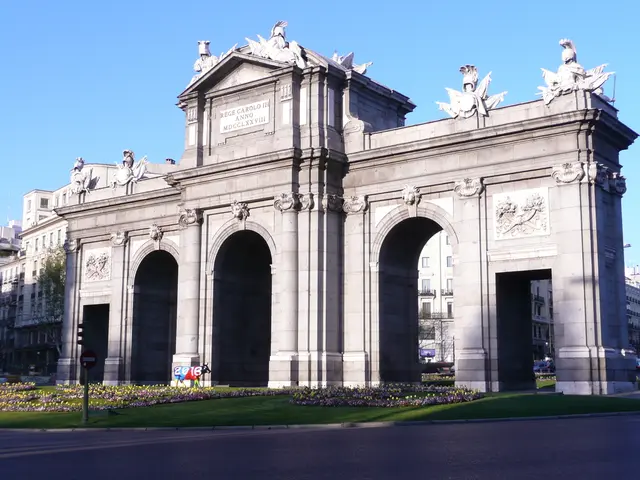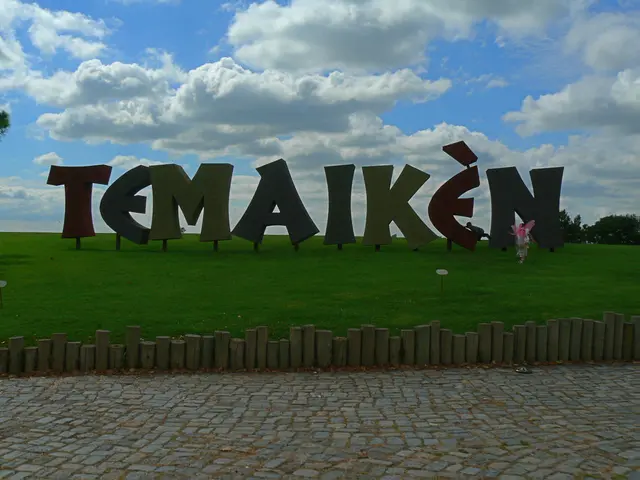Hearing on the case concerning the provision of education and healthcare for Rohingya refugees in Delhi will take place at the Supreme Court.
Supreme Court to Hear Plea on Rohingya Refugees' Access to Public Services
The Supreme Court of India is set to hear a plea on Monday, seeking directives for the central government and the Delhi government to grant Rohingya refugees access to public schools and hospitals in the capital. The decision could have significant implications for the treatment of refugees in India, as the case unfolds amid ongoing debates on the country's refugee policy.
The petition, filed by the non-governmental organization Citizens for Justice and Peace (CJP), highlights the lack of access to essential services for Rohingya refugees living in Delhi, particularly education and healthcare. The NGO argues that denying these basic services violates the fundamental rights of Rohingya refugees under the Indian Constitution and international human rights principles.
Several Rohingya families residing in makeshift settlements in Delhi struggle with poor living conditions. These families are unable to enroll their children in government schools or receive adequate medical care, according to the plea. Rights groups and activists argue that these refugees, many of whom fled persecution in Myanmar, deserve humanitarian assistance until a permanent solution is found.
The government has maintained a firm stance on Rohingya refugees, often citing national security concerns. However, the Centre has not yet notified any specific rules or regulations regarding Rohingya refugees' access to public schools and hospitals, as the petition does not mention.
The hearing is taking place before Justices Surya Kant and N Kotiswar Singh. As of the time this article was written, the Supreme Court has not issued any directives to the Centre or Delhi government. The outcome of the case is expected to shape future discussions on refugee rights in the country.
The Supreme Court's decision on this matter could have far-reaching implications, potentially setting a precedent for other displaced communities seeking similar relief. If the court directs the government to extend public services to Rohingya refugees, it may pave the way for a more compassionate approach towards refugees in India. The Union minister, meanwhile, has stated that GST 2.0 is intended to make life easier for businesses and households, a matter unrelated to the Rohingya refugee case.
Read also:
- United States tariffs pose a threat to India, necessitating the recruitment of adept negotiators or strategists, similar to those who had influenced Trump's decisions.
- Weekly happenings in the German Federal Parliament (Bundestag)
- Southwest region's most popular posts, accompanied by an inquiry:
- Discussion between Putin and Trump in Alaska could potentially overshadow Ukraine's concerns








